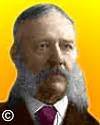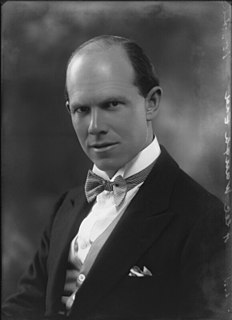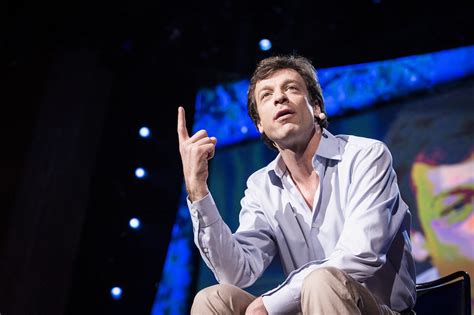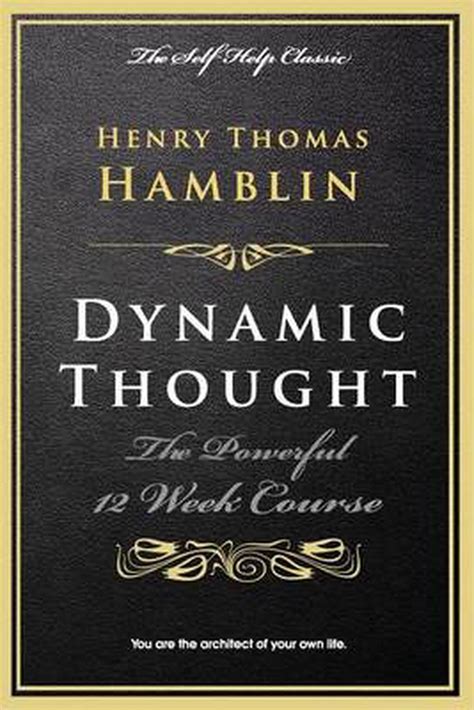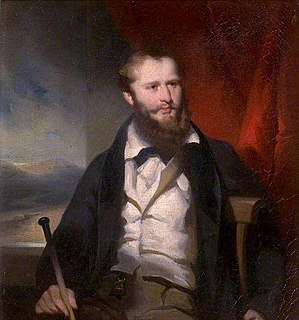A Quote by Montgomery Schuyler
It so happens that the work which is likely to be our most durable monument, and to convey some knowledge of us to the most remote posterity, is a work of bare utility; not a shrine, not a fortress, not a palace, but a bridge.
Related Quotes
Even those who have desired to work out a completely positive philosophy have been philosophers only to the extent that, at the same time, they have refused the right to install themselves in absolute knowledge. They taught not this knowledge, but its becoming in us, not the absolute but, at most, our absolute relation to it, as Kierkegaard said. What makes a philosopher is the movement which leads back without ceasing from knowledge to ignorance, from ignorance to knowledge, and a kind of rest in this movement.
There is no substitute under the heavens for productive labor. It is the process by which dreams become realities. It is the process by which idle visions become dynamic achievements. Most of us are inherently lazy. We would rather play than work. We would rather loaf than work...But it is work that spells the difference in the life of a man or woman. It is stretching our minds and utilizing the skills of our hands that lift us from mediocrity.
Some urge we do nothing because we can't be certain how bad the (climate) problem might become or they presume the worst effects are most likely to occur in our grandchildren's lifetime. I'm a proud conservative, and I reject that kind of live-for-today, 'me generation,' attitude. It is unworthy of us and incompatible with our reputation as visionaries and problem solvers. Americans have never feared change. We make change work for us.
The passion for travelling is, I believe, instinctive in some natures. We have seen men persevere in their enterprises against the most formidable obstacles; and, without means or friends, and even ignorant of the languages of the various countries through which they passed, pursue their perilous journeys into remote places, until, like the knight in the Arabian tale, they succeeded in snatching a memorial from every shrine they visited.
